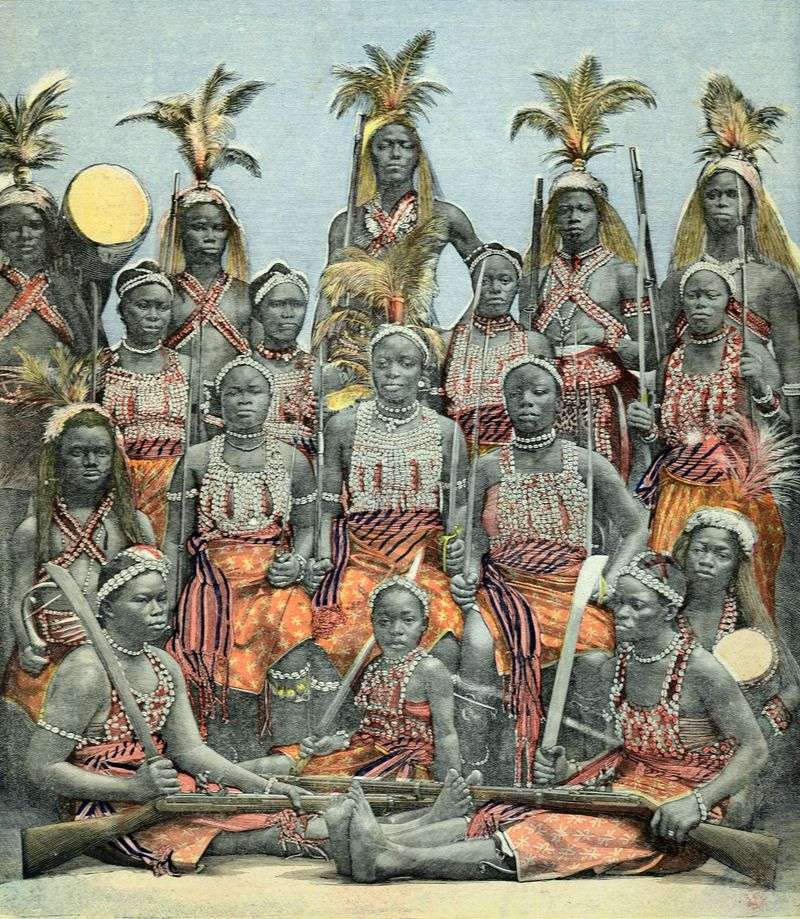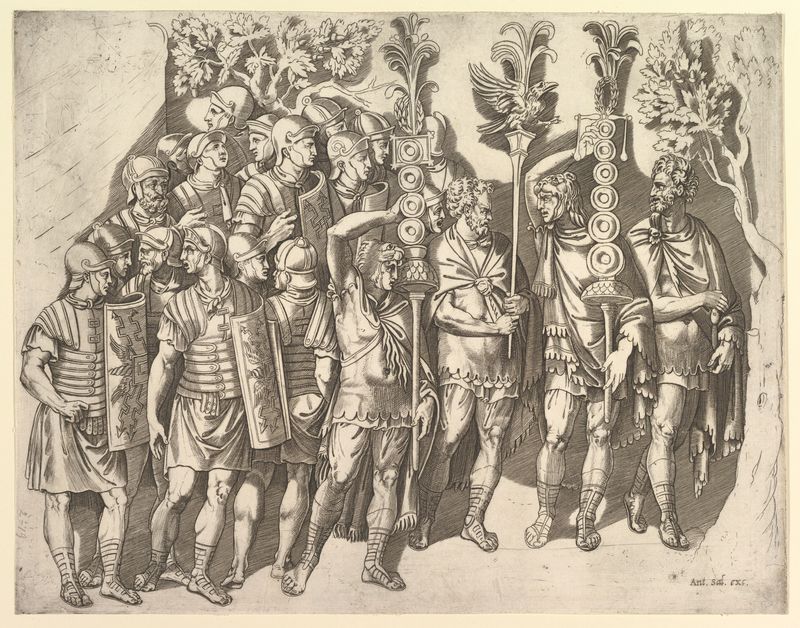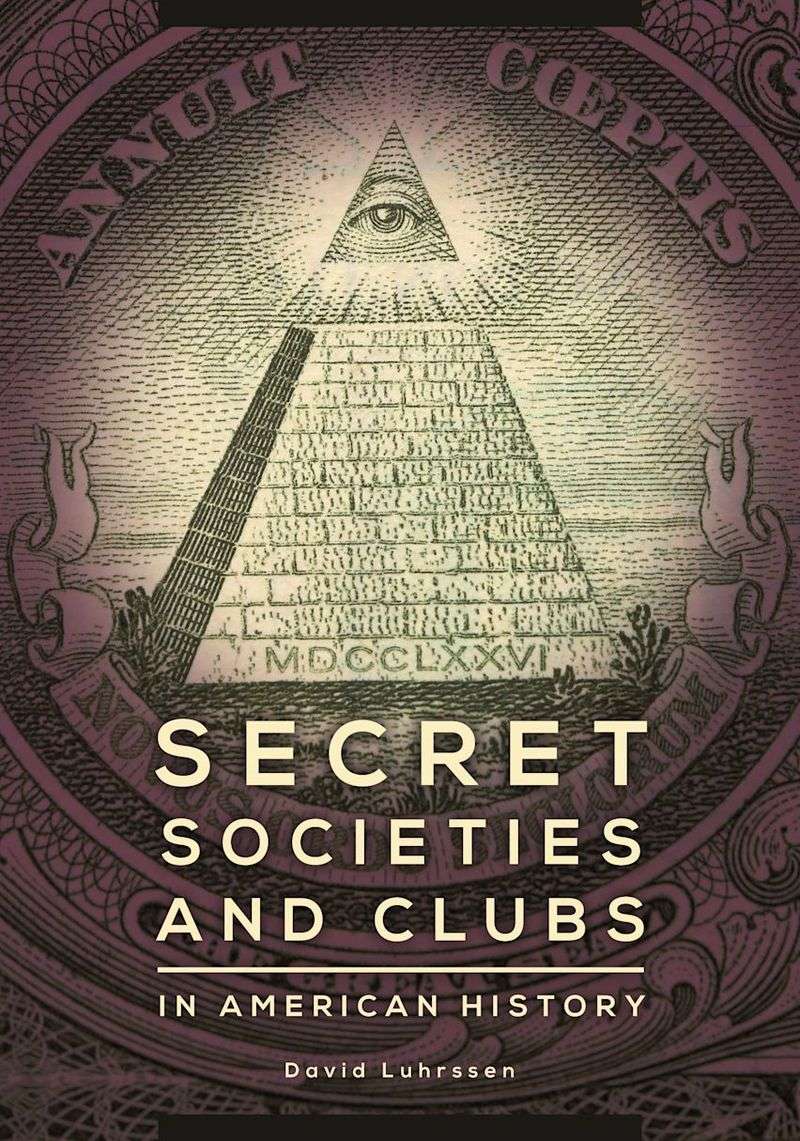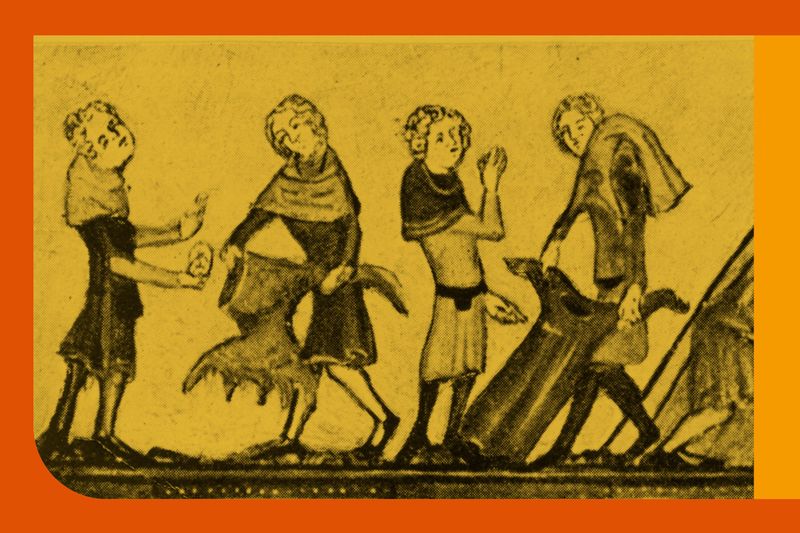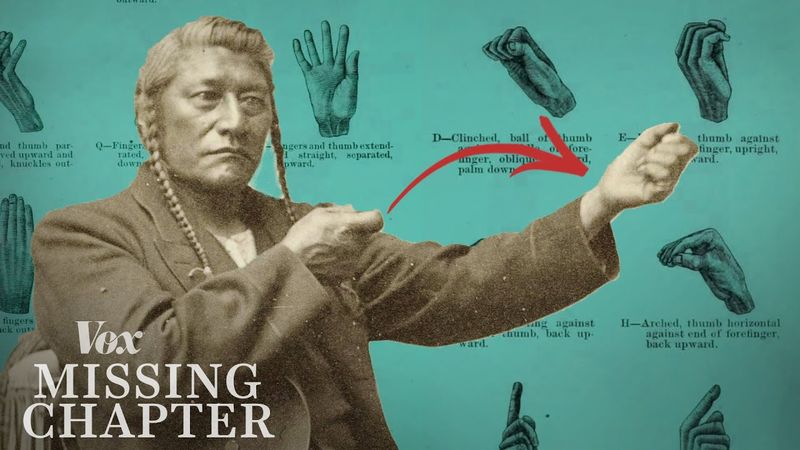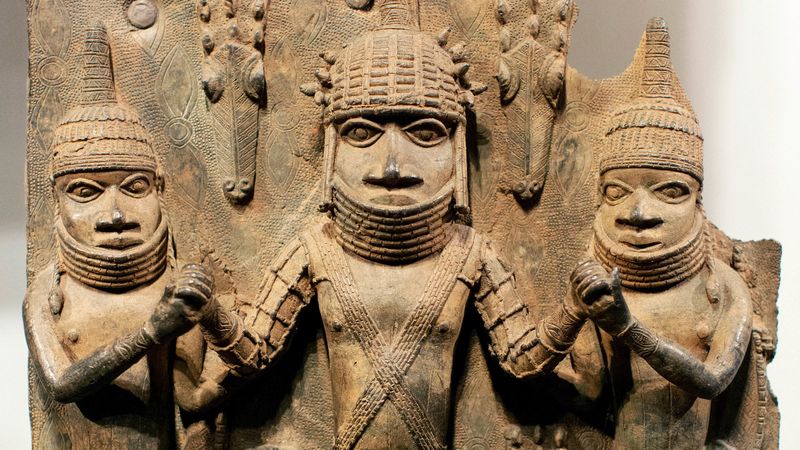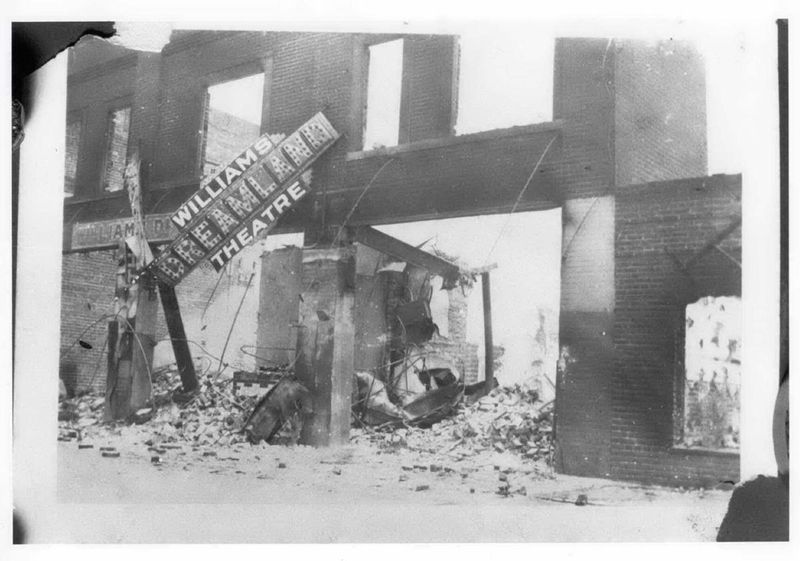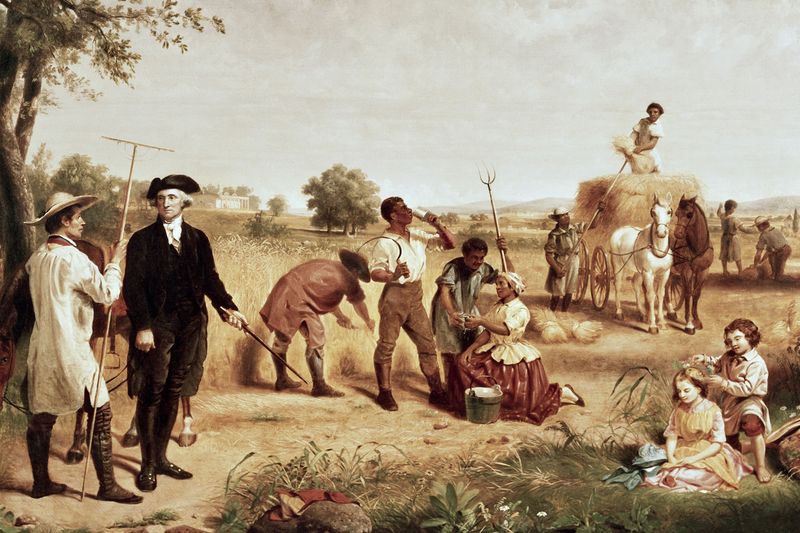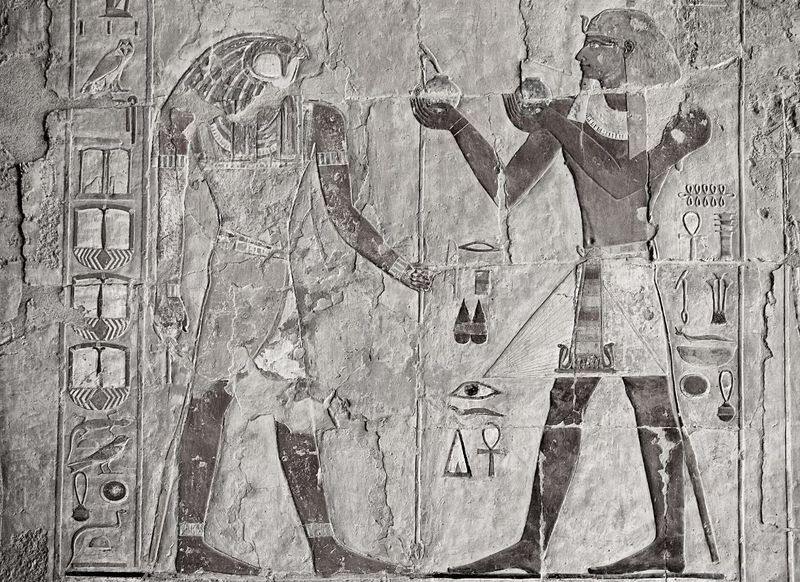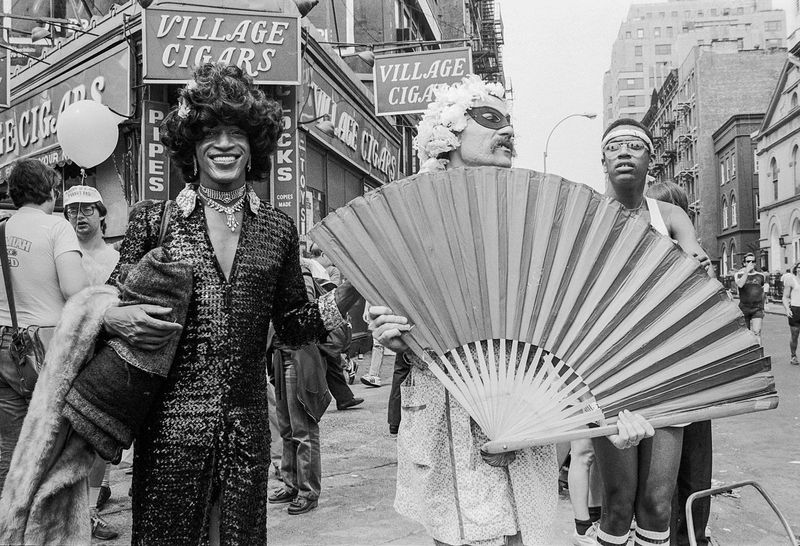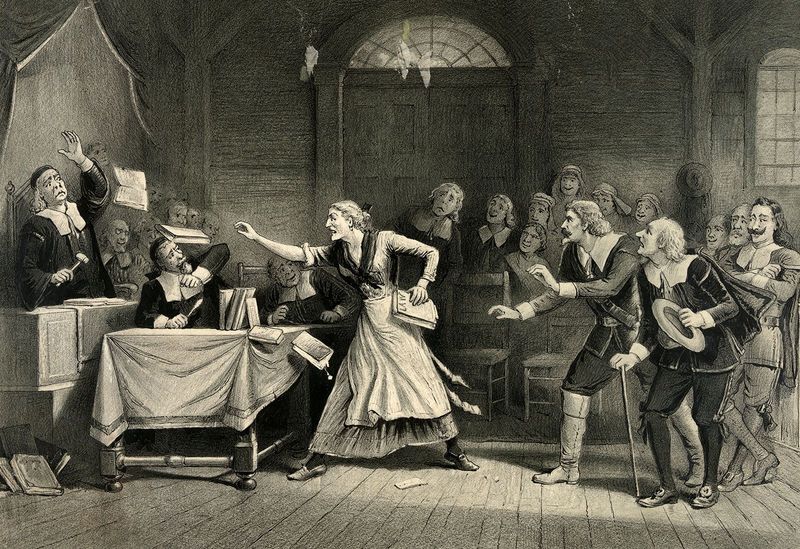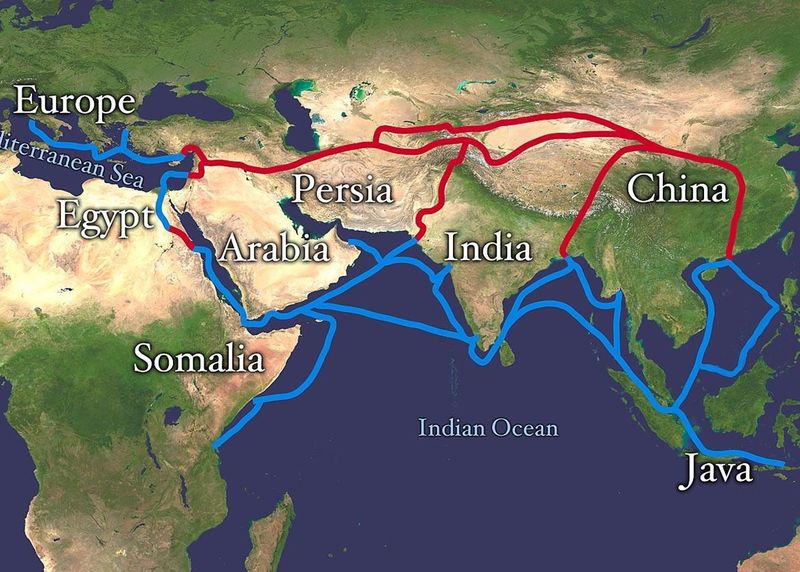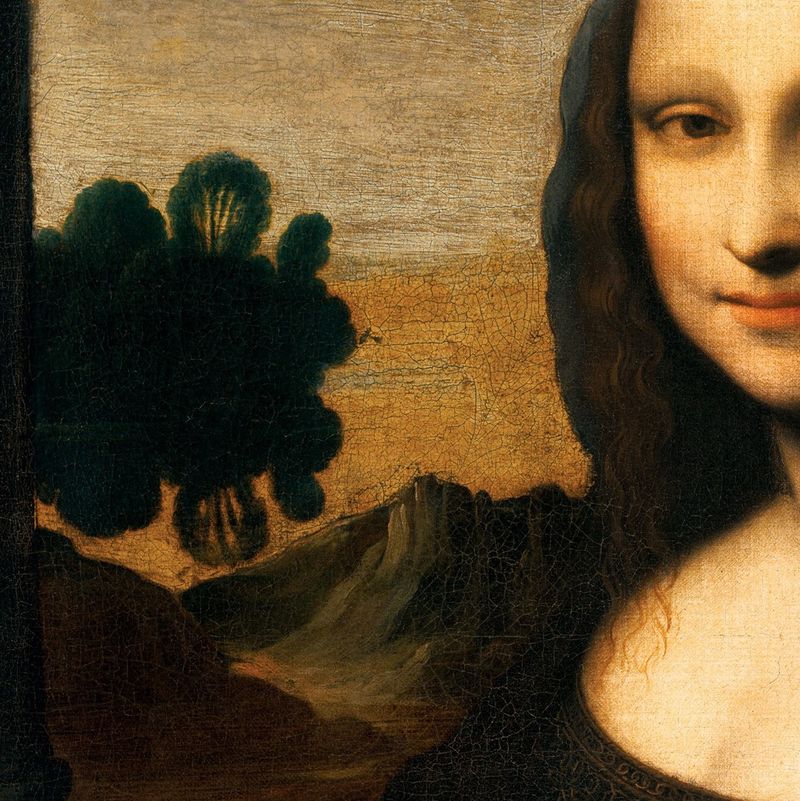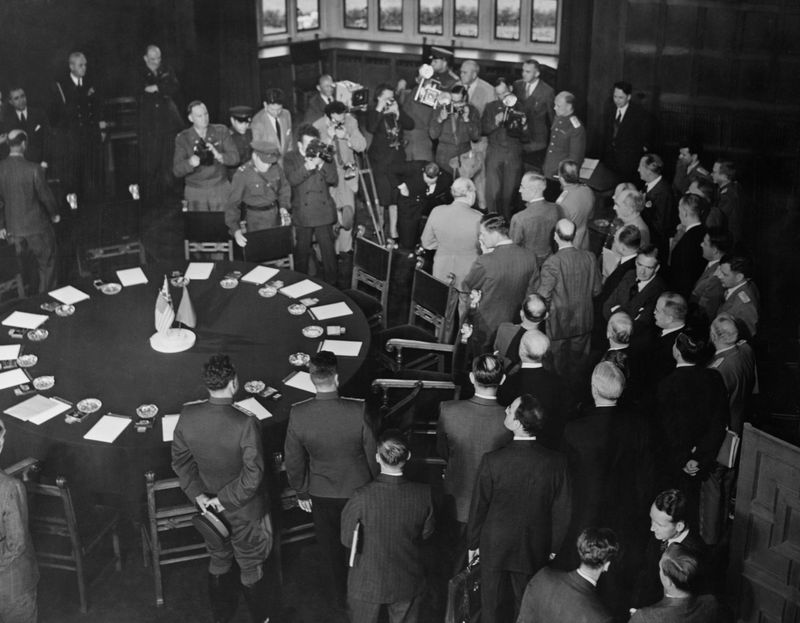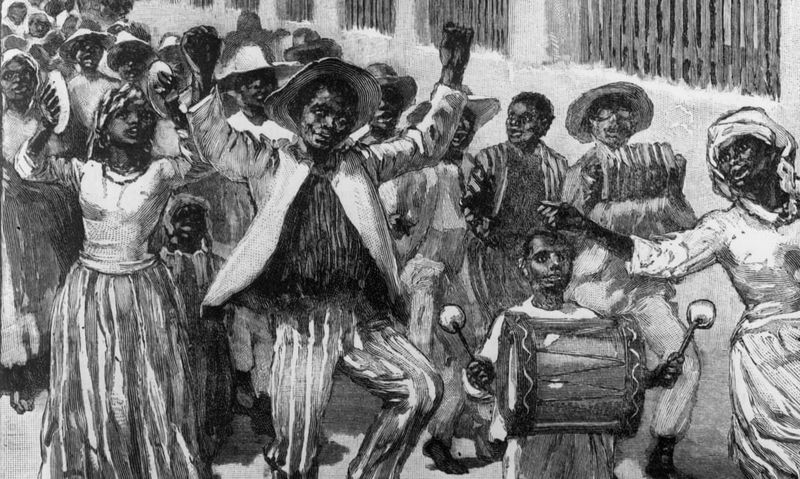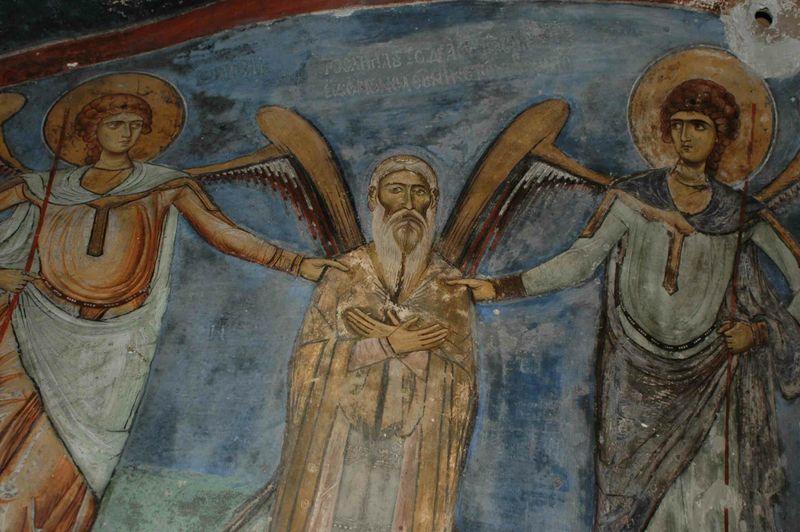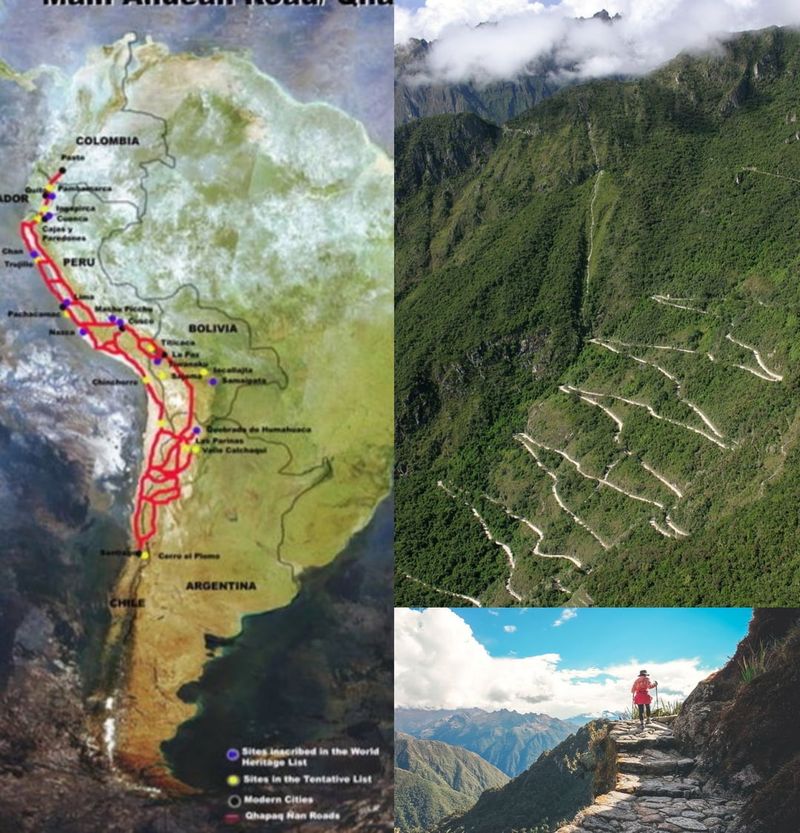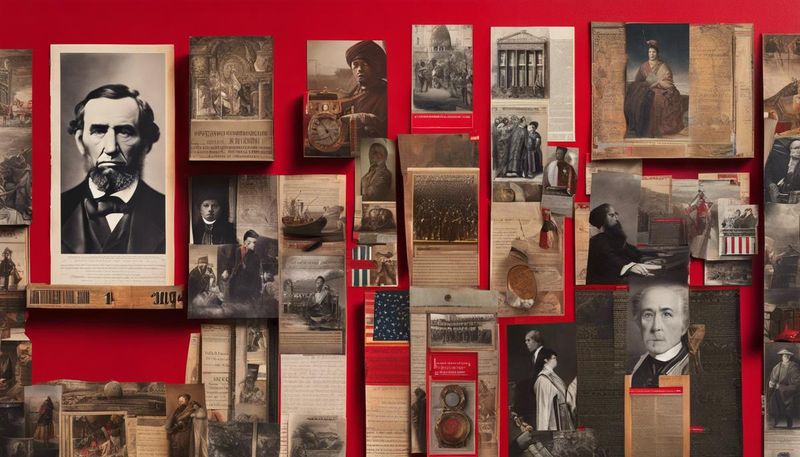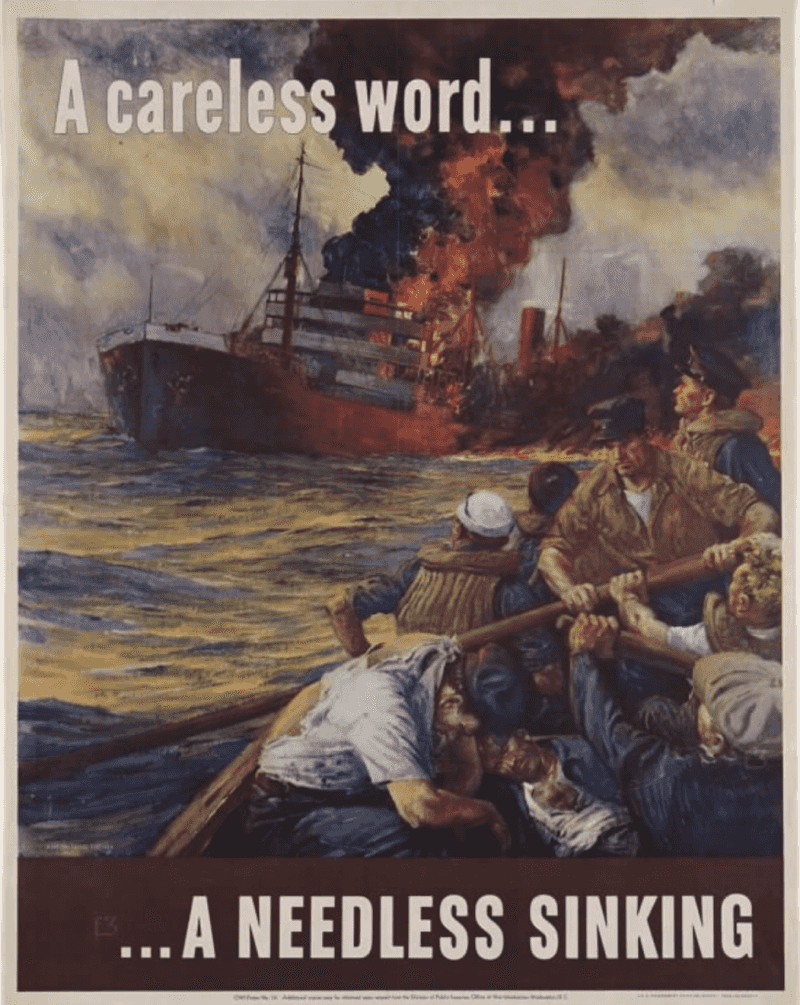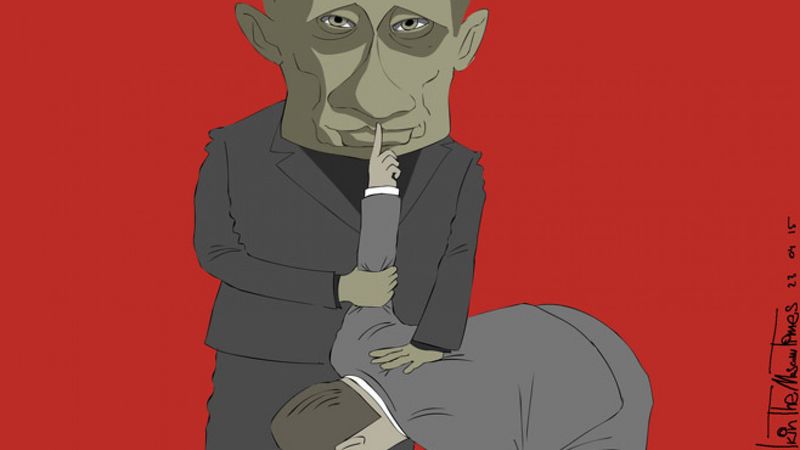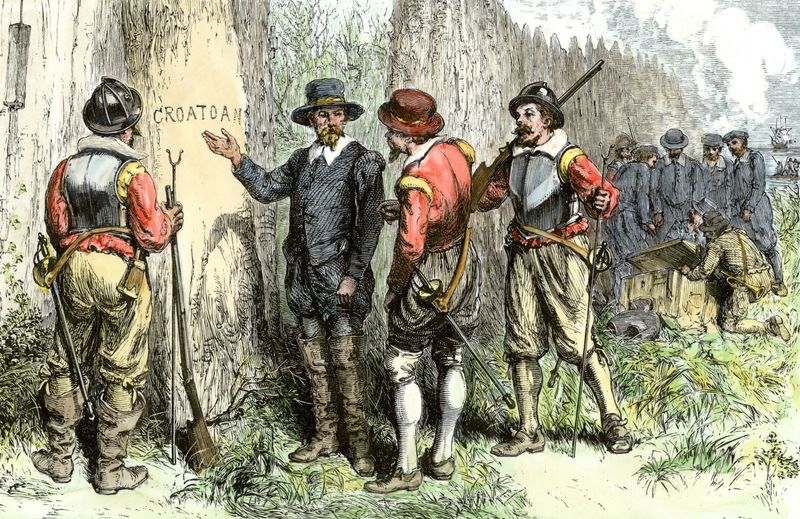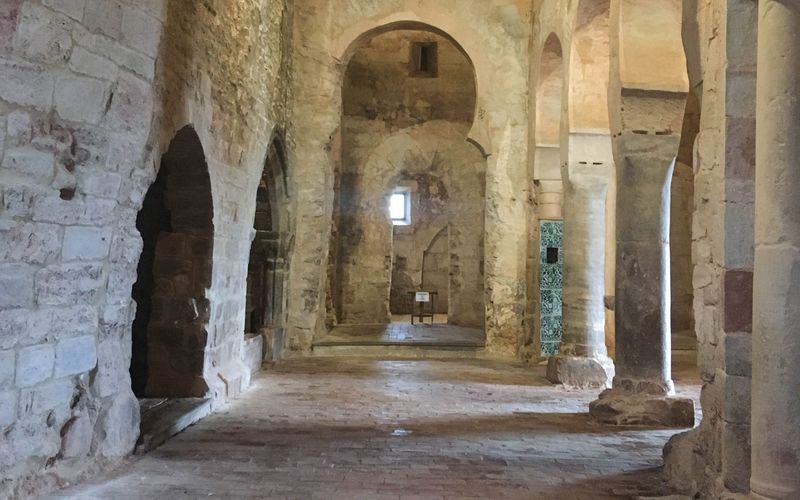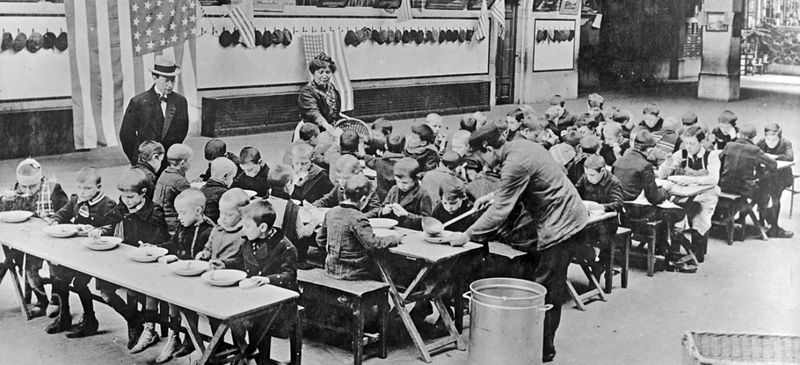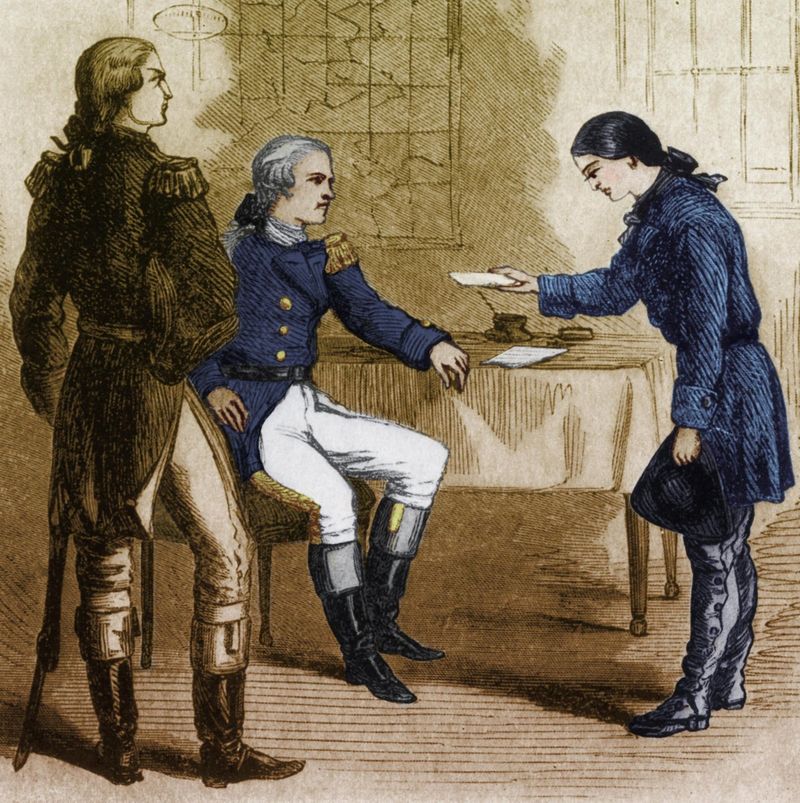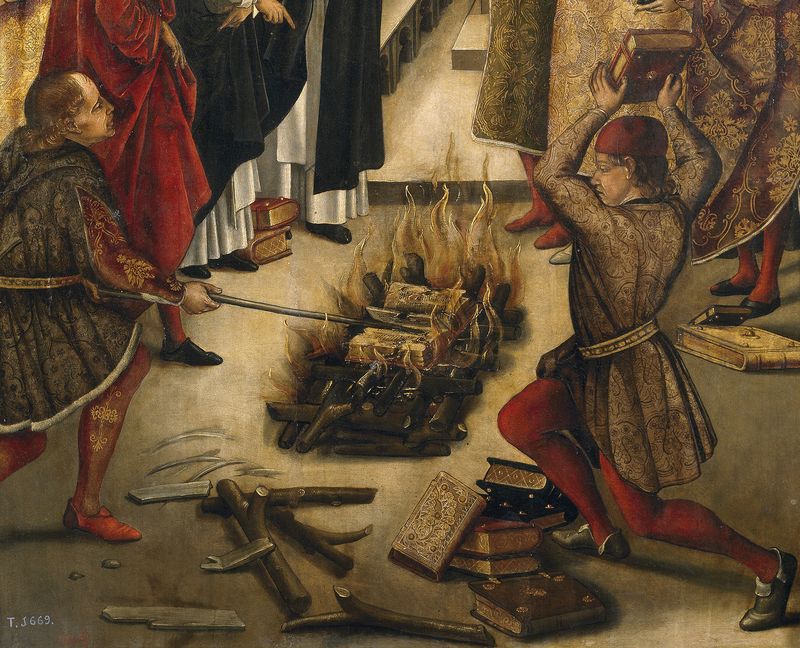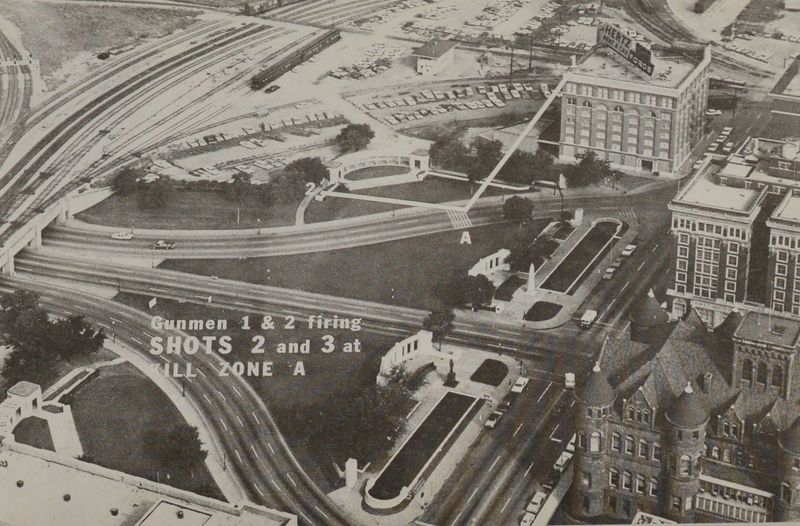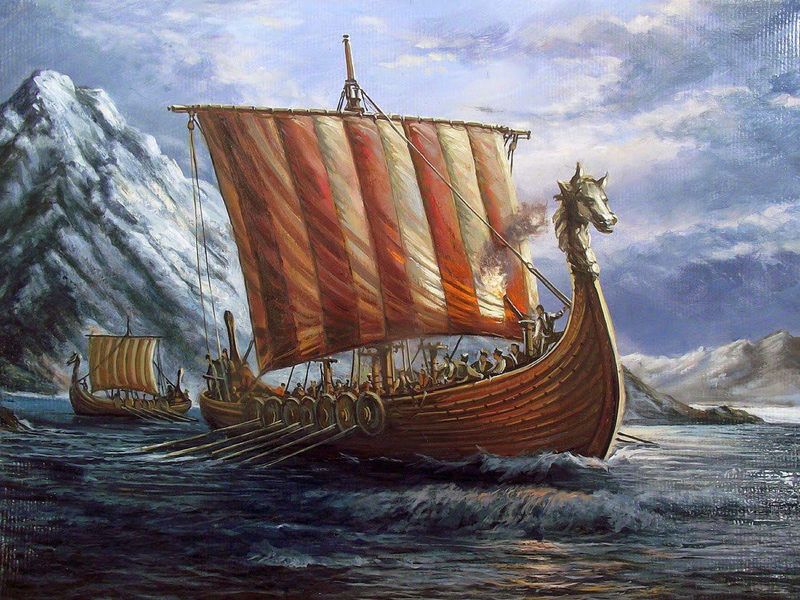History is filled with fascinating stories, some of which have been overlooked or deliberately erased over time.
This blog post explores 30 intriguing historical facts that have been scrubbed from the record books, revealing unsung heroes, forgotten innovations, and concealed truths.
From ancient engineering marvels to covert Cold War alliances, these stories uncover the hidden layers of our past.
1. Unsung Female Warriors of Dahomey
The female warriors of Dahomey, known as the Agojie, were an elite fighting force in the Kingdom of Dahomey, now modern-day Benin.
These women, often compared to the Amazons, were trained in combat and strategy, fiercely defending their kingdom against invaders. Their stories were largely erased due to colonial narratives that favored male warriors.
These women broke gender norms, challenging the traditional roles assigned to them. Their bravery and skills in battle earned them respect and fear from allies and enemies alike. Understanding their contributions provides a more inclusive view of history.
2. Ancient Engineering Marvels
Ancient civilizations achieved engineering feats that still marvel us today. The Romans, for instance, constructed intricate aqueduct systems that supplied water to cities over vast distances.
These feats required advanced knowledge of mathematics and engineering principles. However, many of these achievements were overshadowed by later technological advancements.
These ancient marvels remind us of our ancestors’ ingenuity and the foundation they laid for modern engineering.
Their ability to solve complex problems with limited resources showcases human creativity and adaptability. Exploring these marvels broadens our appreciation for historical innovations.
3. The Mystery of Rome’s Ninth Legion
The Ninth Legion of Rome was a formidable force until it mysteriously vanished in the 2nd century AD. The legion’s disappearance has puzzled historians for centuries, with theories ranging from annihilation in battle to assimilation into local cultures.
Records of the Ninth Legion abruptly cease, leaving their fate a mystery. Some suggest political motivations for erasing their story, while others point to natural disasters.
This enigma highlights the gaps in historical records and the potential for hidden truths within ancient texts. Investigating their fate can illuminate broader themes in Roman history.
4. Secret Societies Shaping Revolutions
Throughout history, secret societies have played pivotal roles in shaping revolutions. Groups like the Freemasons and the Illuminati have been rumored to influence political events.
These societies operated in secrecy, often concealing their identities and intentions. While some view them as conspirators, others see them as champions of freedom and equality.
Their clandestine nature has led to numerous myths and legends, but their impact on revolutionary movements is undeniable.
By examining their contributions, we gain insight into the complex dynamics of power and resistance. These stories challenge mainstream historical narratives.
5. The Hidden Impact of the Black Plague
The Black Plague devastated Europe in the 14th century, wiping out a significant portion of the population. Beyond its immediate toll, the plague had lasting economic and social impacts.
Labor shortages led to increased wages and a shift in power dynamics between workers and landowners. Despite its catastrophic effects, these changes paved the way for the Renaissance by stimulating innovation and cultural shifts.
Many of these impacts were downplayed or ignored in historical narratives focused solely on the death toll. Understanding these effects reshapes our perception of the period’s transformations.
6. Erased Indigenous Histories
Indigenous histories have often been marginalized in mainstream narratives. These communities possess rich cultural traditions and stories that have been passed down through generations.
Colonization led to the erasure of many indigenous histories, as colonizers imposed their own narratives and suppressed local cultures. Efforts to reclaim and preserve these stories have gained momentum, highlighting the resilience of indigenous peoples.
By acknowledging and preserving their histories, we gain a fuller understanding of our shared past. These stories challenge us to recognize the diversity and richness of human cultural expression throughout history.
7. Forgotten African Empires
Africa has been home to numerous powerful empires that have been largely forgotten in Western historical narratives. Empires such as Mali, Songhai, and Great Zimbabwe thrived with sophisticated societies, rich cultures, and vast trade networks.
These empires contributed significantly to global trade and cultural exchange. However, colonial narratives often overshadowed their achievements, focusing instead on Africa’s colonization.
Recognizing these empires challenges stereotypes and broadens our understanding of world history. By studying their legacies, we celebrate Africa’s historical contributions to the world’s cultural and economic development.
8. The Suppressed Tulsa Race Massacre
The Tulsa Race Massacre of 1921 was a horrific event where a white mob destroyed the prosperous Black community of Greenwood in Tulsa, Oklahoma. This event was largely omitted from history books for decades.
The massacre resulted in numerous deaths and the obliteration of a thriving business district known as “Black Wall Street.” The suppression of this event’s details reflects systemic racism and the desire to ignore uncomfortable truths.
Recent efforts to acknowledge and educate about this tragedy aim to bring justice and healing to the affected community. Addressing this past is crucial for reconciliation.
9. Colonial Exploitation’s Dark Truths
Colonialism profoundly impacted the world, often at the expense of colonized peoples. The exploitation of resources and labor fueled colonial powers’ growth while devastating local economies and societies.
Many of these dark truths were glossed over in historical accounts that favored colonial narratives. Acknowledging the exploitation and its long-term effects is vital for understanding the complexities of modern global relations.
Examining these truths sheds light on the struggles for independence and the enduring legacies of colonialism. It challenges us to address historical injustices and work towards a more equitable future.
10. CIA’s MKUltra Mind Control Experiments
The CIA’s MKUltra program was a series of mind control experiments conducted during the Cold War. These experiments involved unethical practices, including drug administration and psychological manipulation.
The program aimed to develop techniques for controlling human behavior, raising ethical concerns. MKUltra was shrouded in secrecy, with many documents destroyed to cover its tracks.
Its revelation sparked outrage and led to discussions about ethical standards in research. This dark chapter in history underscores the potential for abuse of power in the pursuit of knowledge. Understanding these experiments highlights the importance of ethical oversight.
11. Ancient Medical Marvels
Ancient civilizations made significant contributions to medical knowledge, some of which have been forgotten or overshadowed. Egyptian, Greek, and Chinese healers developed complex medical practices, including surgeries and herbal remedies.
Their understanding of the human body laid the groundwork for modern medicine. Despite this, their achievements were often dismissed by later generations.
Rediscovering these medical marvels broadens our appreciation for ancient wisdom and highlights the continuity of medical innovation. These stories remind us of the enduring quest for health and the diverse paths taken to achieve it.
12. Overlooked LGBTQ+ Pioneers
LGBTQ+ individuals have made significant contributions to history, yet their stories are often overlooked or erased. Pioneers like Marsha P. Johnson and Harvey Milk played crucial roles in advancing LGBTQ+ rights, challenging societal norms.
However, mainstream narratives frequently ignore their achievements. Highlighting these pioneers is essential for recognizing diversity and inclusion’s role in societal progress.
Their courage and resilience continue to inspire new generations in the ongoing fight for equality. Embracing their stories enriches our understanding of the diverse forces shaping history and society.
13. The Real Story Behind the Salem Witch Trials
The Salem Witch Trials of 1692 were a series of hearings and prosecutions of people accused of witchcraft in colonial Massachusetts. The trials are often depicted as baseless hysteria, but they also reflect societal tensions and power struggles.
Many of the accused were marginalized individuals, targeted by those seeking to consolidate power. The trials were driven by fear and superstition, leading to unjust punishments.
Understanding the real story behind these events highlights the dangers of mass hysteria and scapegoating. It prompts reflection on the importance of justice and due process.
14. The Complex Economics of the Silk Road
The Silk Road was a network of trade routes connecting the East and West, facilitating cultural and economic exchange. While often romanticized, the Silk Road was also a complex economic system involving diverse players and goods.
Trade along the route influenced economies, politics, and societies. Despite its significance, many aspects of the Silk Road’s economic impact have been underexplored in historical narratives.
Understanding these complexities offers insights into globalization’s historical roots and the interconnectedness of ancient economies. It challenges simplistic views of historical trade and exchange.
15. Lost Renaissance Inventions
The Renaissance was a period of great innovation, with inventors developing groundbreaking ideas and technologies. However, many of these inventions were lost or forgotten over time.
Factors such as limited documentation and subsequent technological shifts contributed to their obscurity. Rediscovering these lost inventions offers a glimpse into the creative spirit of the Renaissance and its influence on modern technology.
These stories celebrate human ingenuity and remind us of the importance of preserving and recognizing past innovations. They inspire a renewed appreciation for historical creativity and vision.
16. Covert Cold War Alliances
The Cold War era was marked by covert alliances and espionage, with nations forming secret agreements to gain strategic advantages. These alliances often involved complex negotiations and betrayals, shaping global politics.
While some of these alliances are well-documented, others remain shrouded in secrecy. Uncovering these covert interactions reveals the intricate web of relationships that defined the Cold War.
Understanding these dynamics offers valuable lessons in diplomacy and the delicate balance of power. It challenges simplistic narratives of the era and highlights the complexities of international relations.
17. Forgotten Slave Rebellions
Throughout history, enslaved individuals have resisted oppression through rebellions and revolts. While some rebellions are well-known, many have been forgotten or minimized in historical accounts.
These acts of resistance challenged the dehumanizing system of slavery and asserted enslaved peoples’ agency. Acknowledging these rebellions is crucial for understanding the full scope of slavery’s impact and the fight for freedom.
These stories honor the courage and resilience of those who dared to resist, inspiring future generations to continue the struggle for justice and equality. They reshape our understanding of resistance and freedom.
18. Byzantine Innovations in Modern Society
The Byzantine Empire made significant contributions to art, architecture, and governance, many of which continue to influence modern society. Innovations such as the Justinian Code laid the groundwork for modern legal systems.
However, these achievements are often overshadowed by other historical narratives. Recognizing Byzantine innovations highlights the empire’s role in shaping contemporary institutions and ideas.
These stories invite reflection on the interconnectedness of history and the enduring impact of past civilizations. They encourage appreciation for the diverse influences that have shaped our world.
19. The Inca Road Network’s Hidden Legacy
The Inca Empire’s road network was an engineering marvel, spanning thousands of miles across challenging terrains. While its construction is often noted, the network’s broader impact is less explored.
It facilitated communication, trade, and cultural exchange, strengthening the empire’s cohesion. This hidden legacy underscores the importance of infrastructure in societal development.
Recognizing the road network’s significance enriches our understanding of the Inca Empire’s complexity and achievements.
These stories encourage reflection on the role of connectivity in historical and contemporary societies, highlighting the value of infrastructure in shaping civilizations.
20. Censored Revolutionary Art Movements
Art has always been a powerful tool for expressing dissent and challenging authority. Throughout history, revolutionary art movements have faced censorship and suppression.
These artists used their creativity to convey political messages and inspire change, often risking persecution. While some movements gained recognition, others were silenced or erased from official narratives.
Acknowledging these movements highlights the power of art to challenge the status quo and push for social change. These stories celebrate artistic resilience and the enduring impact of creative expression on society and history.
21. The Manhattan Project’s Suppressed Costs
The Manhattan Project, responsible for developing the atomic bomb, was a massive scientific and military endeavor. While its technical achievements are well-documented, the project’s human and environmental costs remain underexplored.
The project involved dangerous working conditions and had long-term health impacts on workers and surrounding communities. Understanding these suppressed costs reveals the complex ethical considerations behind scientific advancements.
These stories challenge the glorification of technological progress, prompting reflection on the human and environmental tolls of innovation. They emphasize the need for ethical responsibility in scientific endeavors.
22. Secret Propaganda Campaigns
Throughout history, governments and organizations have used propaganda to influence public opinion and shape narratives. These campaigns often operated in secrecy, manipulating information to achieve political goals.
While some propaganda efforts are well-known, many remain hidden or downplayed. Revealing these secret campaigns highlights the media’s role in shaping perceptions and the ethical implications of information control.
These stories encourage critical thinking and media literacy, emphasizing the importance of questioning narratives. They challenge us to remain vigilant against manipulation and advocate for transparency and accountability.
23. Silenced Voices in Totalitarian Regimes
Totalitarian regimes have a history of silencing dissenting voices through censorship, imprisonment, and violence. These silenced individuals often faced severe consequences for their opposition to oppressive regimes.
Acknowledging their stories is crucial for understanding the human cost of totalitarianism and the resilience of those who dared to speak out. These stories inspire reflection on the value of freedom and the ongoing struggle for human rights.
They remind us of the importance of preserving and amplifying diverse voices in the face of authoritarianism, challenging us to support freedom and justice.
24. The Mystery of the Lost Colony of Roanoke
The Lost Colony of Roanoke is one of America’s enduring mysteries. Established in the late 16th century, the colony vanished without a trace, leaving only the cryptic word “CROATOAN” carved into a post.
The fate of the settlers remains unknown, with theories ranging from assimilation with local tribes to destruction by hostile forces. This mystery highlights the challenges of early colonial endeavors and the uncertainties faced by settlers.
Exploring Roanoke’s fate invites contemplation on the complexities of historical exploration and the potential for undiscovered truths in early American history.
25. Hidden Lives of Medieval Monasteries
Medieval monasteries were centers of learning, spirituality, and social organization. While often romanticized, the reality of monastic life was complex, involving strict routines and power dynamics.
Monks engaged in various activities, from copying manuscripts to managing lands. These institutions played crucial roles in preserving knowledge and shaping medieval society. However, the intricacies of monastic life are often overlooked in broader historical narratives.
Uncovering these hidden lives enriches our understanding of medieval history and the diverse roles monasteries played. These stories invite reflection on the interplay between spirituality, knowledge, and power.
26. Immigrant Innovators’ Overlooked Impact
Immigrants have been vital contributors to technological and cultural innovation throughout history. Despite their significant impact, many immigrant innovators’ stories remain underappreciated or untold.
These individuals brought diverse perspectives and skills, driving advancements in various fields. Highlighting their contributions challenges stereotypes and celebrates the richness that diversity brings to societies.
Their stories inspire recognition of the interconnectedness of global innovation and the importance of welcoming diverse talents. Embracing these narratives encourages a more inclusive understanding of history and the forces driving progress and change.
27. Revolutionary Women’s Secret Histories
Women’s contributions to revolutionary movements have often been minimized or erased in historical accounts. These women organized, strategized, and fought alongside men, challenging social norms and advocating for change.
Their secret histories reveal the vital roles women played in shaping political and social transformations. By uncovering these contributions, we gain a more inclusive understanding of history and recognize the diverse forces that drive progress.
These stories celebrate the courage and resilience of revolutionary women, inspiring future generations to continue advocating for equality and justice.
28. Erased Dissent During the Enlightenment
The Enlightenment is often celebrated for its intellectual advancements and advocacy for reason and progress. However, dissenting voices were sometimes suppressed in favor of dominant narratives.
Philosophers and thinkers who challenged prevailing ideas faced censorship and marginalization. Acknowledging these erased dissenting voices provides a more nuanced view of the Enlightenment’s complexities.
It highlights the tensions between progress and conformity and the importance of diverse perspectives in advancing knowledge. These stories encourage reflection on the value of challenging established ideas and the ongoing pursuit of truth and understanding.
29. Historical Cover-Ups and Their Concealed Truths
History is filled with instances of cover-ups and concealed truths, where powerful entities manipulated narratives to serve their interests. These efforts ranged from altering records to suppressing inconvenient facts.
Uncovering these hidden truths challenges official accounts and offers alternative perspectives on historical events. These stories emphasize the importance of transparency and the pursuit of truth in understanding history.
They inspire critical examination of the past and encourage efforts to uncover and acknowledge concealed narratives. By doing so, we gain a fuller picture of history’s complexities and the forces that shape it.
30. The Mysterious Disappearance of the Greenland Vikings
The Viking settlement in Greenland vanished mysteriously in the 14th century, leaving historians puzzled. Greenland’s harsh climate and isolation presented challenges, but the exact cause of their disappearance remains unknown.
Some theories suggest they left due to climate change, while others propose conflicts with the indigenous Inuit.
The settlers’ abrupt departure has sparked numerous archaeological explorations. Despite extensive research, the mystery lingers, inviting speculation and imagination.
The lost Viking community offers a glimpse into the resilience and adaptability of these seafaring people, as well as the unforeseen circumstances that led to their fate.
Intrigued by their story, historians continue to piece together the puzzle. This fascinating chapter in Viking history reminds us of the unpredictable nature of human survival and the impact of environmental factors.
As we ponder their fate, we gain a deeper appreciation for the challenges faced by early explorers in the harsh northern landscapes.
